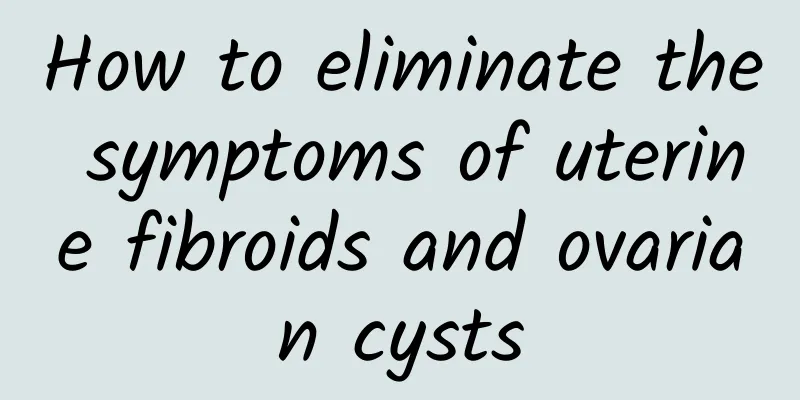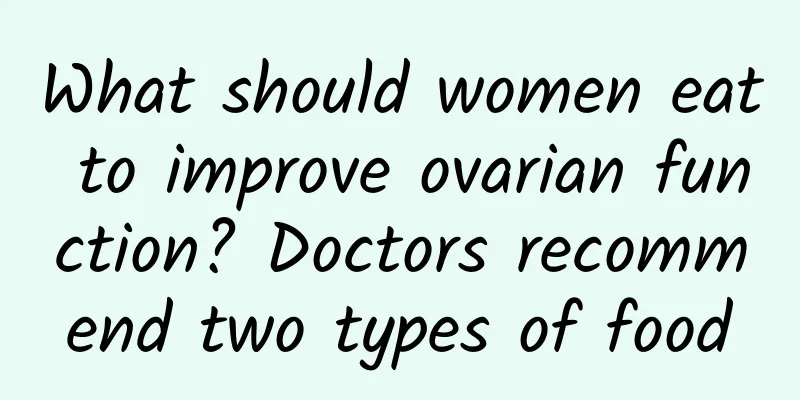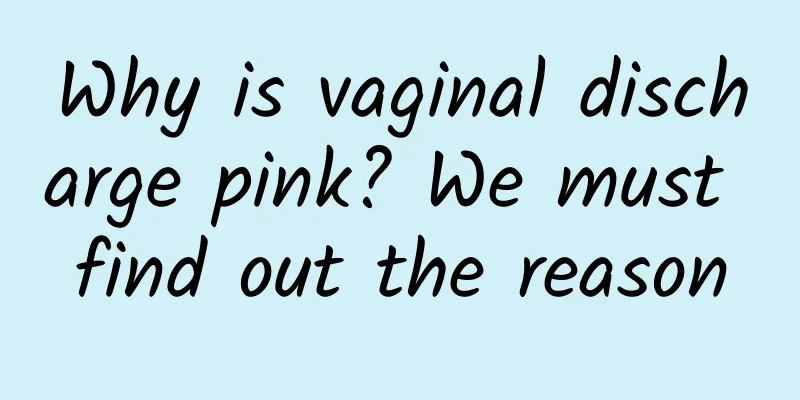How to eliminate the symptoms of uterine fibroids and ovarian cysts

|
Eliminating the symptoms of uterine fibroids and ovarian cysts requires medication, surgery, or lifestyle adjustments depending on the specific situation. Symptoms of uterine fibroids and ovarian cysts may include abdominal pain, irregular menstruation, abdominal distension, etc. The specific treatment plan needs to be formulated based on the severity of the disease and the patient's needs. 1. Drug treatment: For patients with mild symptoms, doctors may prescribe drugs to relieve symptoms or control the progression of the disease. Commonly used drugs include gonadotropin-releasing hormone agonists GnRH-a, such as leuprolide, which are used to shrink fibroids or cysts; oral contraceptives, such as ethinyl estradiol cyproterone acetate tablets, which are used to regulate hormone levels; non-steroidal anti-inflammatory drugs NSAIDs, such as ibuprofen, which are used to relieve pain. Drug treatment should be carried out under the guidance of a doctor, and regular reviews should be conducted to evaluate the effect. 2. Surgical treatment: For patients with severe symptoms or those who are ineffective with drug treatment, surgical treatment may be required. Common surgical methods include hysteromyomectomy, which is the removal of fibroids through laparoscopy or laparotomy; ovarian cystectomy, which is suitable for larger cysts or suspected malignant cysts; hysterectomy, which is suitable for patients with large or multiple fibroids and no fertility needs. The surgical plan should be selected according to the patient's age, fertility needs and condition. 3. Lifestyle adjustment: A healthy lifestyle can help relieve symptoms and prevent recurrence. In terms of diet, it is recommended to increase fiber-rich foods, such as whole grains, vegetables and fruits, and reduce the intake of high-fat and high-sugar foods; in terms of exercise, moderate aerobic exercise, such as brisk walking, swimming or yoga, can help improve blood circulation and alleviate symptoms; psychological adjustment, through meditation, deep breathing or psychological counseling to relieve stress, avoid the impact of emotional fluctuations on hormone levels. Eliminating the symptoms of uterine fibroids and ovarian cysts requires comprehensive treatment and long-term management. Patients should actively cooperate with the doctor's treatment and undergo regular check-ups, while reducing the risk of recurrence through a healthy lifestyle. |
<<: Is it normal to still feel pain after Bartholinitis swelling subsides?
>>: What are the main causes of cervical erosion?
Recommend
Stress causes depression and overeating! Tap 8 parts to relieve stress and massage, help lose weight
Being in an environment of high mental stress, te...
What fruits can I eat after abortion surgery? What can I eat after painless abortion surgery to recover quickly?
Abortion is a common postoperative recovery perio...
Why do you get endometrial tuberculosis?
Endometrial tuberculosis has become a common dise...
Top 10 vegetables that can cause miscarriage
Some vegetables that are believed to increase the...
Burn fat and relieve worries! Drink a cup of vitality tea on the day after delivery
Pregnancy and childbirth are supposed to be happy...
If you eat too much barbecue during the Mid-Autumn Festival, you may become a "belly enemy"! Traditional Chinese Medicine: To prevent the fall, remember these three tips to remove oil
Celebrate the Mid-Autumn Festival happily and dev...
Contraindications for medication during menstrual irregularities
Medication for irregular menstruation is generall...
What are the risks of uterine fibroid surgery? Is uterine fibroid surgery serious?
Uterine fibroids are a common uterine tumor in wo...
What special care do women need after ectopic pregnancy?
It is very dangerous for women to have an ectopic...
How to distinguish between menstruation and miscarriage
How to distinguish between menstruation and misca...
What are the causes of adnexitis?
What are the causes of adnexitis? Adnexitis is a ...
Does leukoplakia of vulva affect pregnancy?
Does leukoplakia of the vulva affect pregnancy? L...
What are the symptoms of cervicitis in women? What are the dangers of not treating cervicitis in women in time?
Cervicitis is a common gynecological disease for ...
What medicine is used for cervical erosion? Two kinds of suppositories and oral medicines for cervical erosion
If cervical erosion occurs, vaginal suppositories...
Obesity accelerates, causing cellulite to appear on thighs! 3 tips to effectively eliminate cellulite
Summer is here and more people are going swimming...









